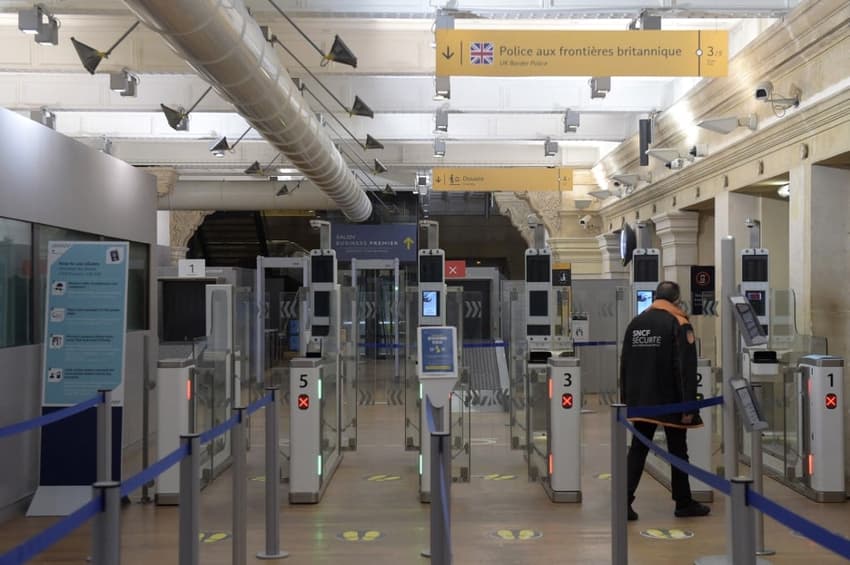ETIAS: EU postpones launch of €7 visa waiver for tourists

The EU has postponed the start date of its €7 ETIAS visa waiver for tourists - due to come into effect later this year - until 2024.
The ETIAS visa waiver system requires that all tourists and visitors from non-EU countries register online in advance for the €7 travel authorisation, which lasts for three years.
It was due to come into effect in November but, as reported in British newspaper The Independent, the start date has now been changed by the Directorate-General for Migration and Home Affairs at the European Commission in Brussels.
Prospective visitors to the EU from non-EU countries such as the UK, USA and Canada are now told: “It is expected that the European Travel Information and Authorisation System (Etias) will be operational in 2024.”
This comes after the EU's EES system - which will bring in stricter biometric border checks for travellers - was postponed from May 2023 until "the end of the year".
You can read a full explanation of how EES and ETIAS work HERE.
Both systems were originally due to be introduced in 2021, but were postponed because of the pandemic. They were then scheduled to come into effect in May (for EES) and November (for ETIAS) 2023.
However, there has been pushback from member states who say they are not ready, while major fears have been raised about the effect of enhanced EES checks on the UK-France border, which has already seen long queues at peak times since Brexit.
Bosses at Eurotunnel, the Port of Dover and Eurostar have all raised concerns about long delays due to the extra time needed to make the enhanced checks at the border.
John Keefe, chief corporate and public affairs officer for Eurotunnel, told The Independent: “As a concept, EES/ETIAS is a step closer to the smart, digital border that we would all like to see operating in the future.
“But it is important that when it is introduced it is fully functional, has been thoroughly tested and that the introduction is progressive to allow both operators and travellers to familiarise themselves with the new requirements.”
Comments
See Also
The ETIAS visa waiver system requires that all tourists and visitors from non-EU countries register online in advance for the €7 travel authorisation, which lasts for three years.
It was due to come into effect in November but, as reported in British newspaper The Independent, the start date has now been changed by the Directorate-General for Migration and Home Affairs at the European Commission in Brussels.
Prospective visitors to the EU from non-EU countries such as the UK, USA and Canada are now told: “It is expected that the European Travel Information and Authorisation System (Etias) will be operational in 2024.”
This comes after the EU's EES system - which will bring in stricter biometric border checks for travellers - was postponed from May 2023 until "the end of the year".
You can read a full explanation of how EES and ETIAS work HERE.
Both systems were originally due to be introduced in 2021, but were postponed because of the pandemic. They were then scheduled to come into effect in May (for EES) and November (for ETIAS) 2023.
However, there has been pushback from member states who say they are not ready, while major fears have been raised about the effect of enhanced EES checks on the UK-France border, which has already seen long queues at peak times since Brexit.
Bosses at Eurotunnel, the Port of Dover and Eurostar have all raised concerns about long delays due to the extra time needed to make the enhanced checks at the border.
John Keefe, chief corporate and public affairs officer for Eurotunnel, told The Independent: “As a concept, EES/ETIAS is a step closer to the smart, digital border that we would all like to see operating in the future.
“But it is important that when it is introduced it is fully functional, has been thoroughly tested and that the introduction is progressive to allow both operators and travellers to familiarise themselves with the new requirements.”
Join the conversation in our comments section below. Share your own views and experience and if you have a question or suggestion for our journalists then email us at [email protected].
Please keep comments civil, constructive and on topic – and make sure to read our terms of use before getting involved.
Please log in here to leave a comment.